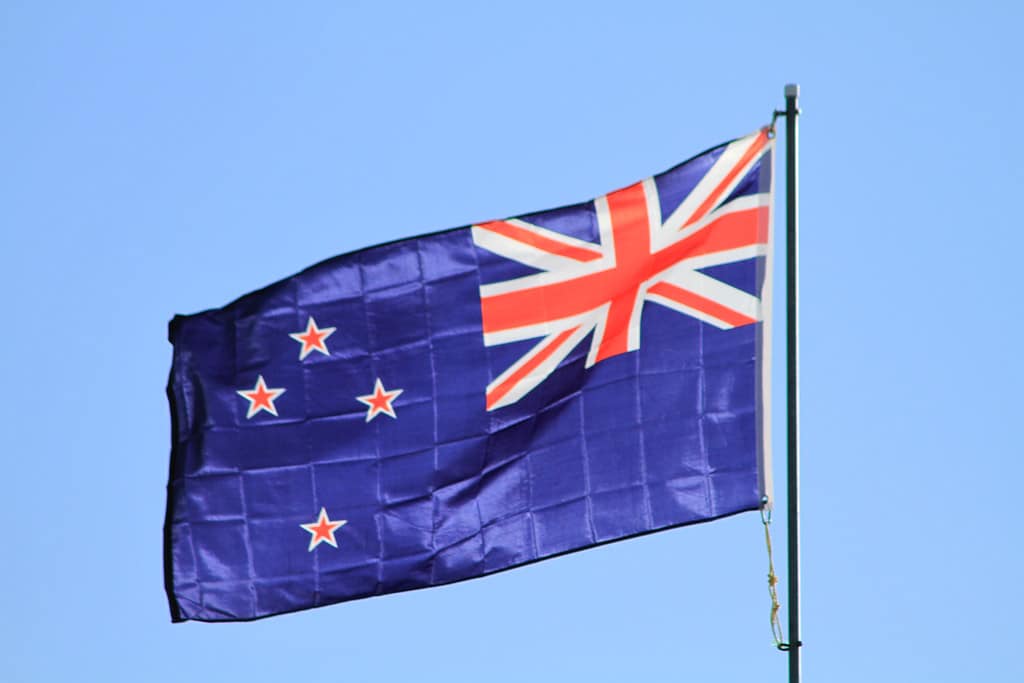
New Zealand. Petition to change the country’s name in order to “erase the trauma of colonialism”.
Will the name New Zealand soon be removed from the map? The party representing the country’s indigenous population has launched a petition to adopt the Māori name “Aotearoa” in its place.
New Zealand, a name with many colonial connotations?
New Zealand could in the future reclaim its Māori name, ie “Aotearoa” (pronounced au-te-ah-ro-uh). This is the petition launched in September 2021 by Te Patti Maori (meaning “Maori Party”, representing the indigenous Polynesians of New Zealand) that has now collected 70,000 signatures and demands.
In a country of just over 5 million people, that number of signatures would be enough to force New Zealand’s parliament to formally consider the motion, which was first put forward last year. Then, in a second step, it can be voted on or referred to a referendum.
Separately, the Maori party has also called on Parliament to restore the original Maori names of all “towns, cities and monuments” in the country by 2026.
In an interview with NPR, Representative Debbie Ngariwa Packer, co-leader of the Te Pati Maori Party, said the name change should “To allow us, not only to restore our language, but also to erase some of the trauma of colonialism.”

What is the origin of the name “New Zealand”?
Distribution of this petition is an opportunity to consider this name “New Zealand”. Thus, the country became a British colony in the mid-19th century, but Abel Tasman, the Dutch explorer, is considered the first Westerner to set foot on this island in the South Pacific.
He called it ‘Staten Landt’ (“State of the States”, in Dutch). ) in 1642. Subsequently, Dutch cartographers renamed the territory “Nova Zeelandia”, in reference to Zeeland, the westernmost province of the Netherlands. Then this “Nieuw Zeeland” would become “New Zealand” once the country fell to the British Empire in 1840.
As for the origin of the name “Aotearoa” Australian media The Conversation Reports That according to the work of a group of academics from the University of Waikato in New Zealand, the exact origin of this name, which is generally translated as “long white cloud” or “long luminous world”, is unknown.
There are some indications that it has been used for a long time. Sir George Gray used the word ‘Aotearoa’ in his writings in 1855 and 1857, and it is mentioned in Māori language newspapers, and the Māori Law Collection, a digital collection of thousands of pages of legal texts covering a period from 1829 to 2009, states ” Aotearoa” 2748 times.
58% of New Zealanders are in favor of keeping the current name
It should be noted that this initiative is part of a broader desire to spread the use of Maori in New Zealand. In recent years there have been several attempts to bring back the language. This was particularly the case in 2018, when New Zealand Waste Management Services launched multilingual recycling bins in certain cities.
On the other hand, in 2020, the Geographical Council of New Zealand (Ngā Pou Taunaha o Aotearoa), the country’s place-naming authority, has approved nearly 400 Maori names across the country. In general, the name Maori now appears on the New Zealand passport and is increasingly used by the public, the media, businesses and the government.
On the contrary, other petitions circulated this time demanding that the name of New Zealand be preserved. A sign of this opposition, a survey conducted at the end of 2021 reported that 58% of New Zealanders surveyed would prefer to keep the current name.
Image credit: Flickr (CC BY 2.0 / Ronnie Macdonald) (photo caption)
[cc] Breizh-info.com2022, free of copying and distribution provided that the original source is mentioned and linked to

“Organizer. Social media geek. General communicator. Bacon scholar. Proud pop culture trailblazer.”
